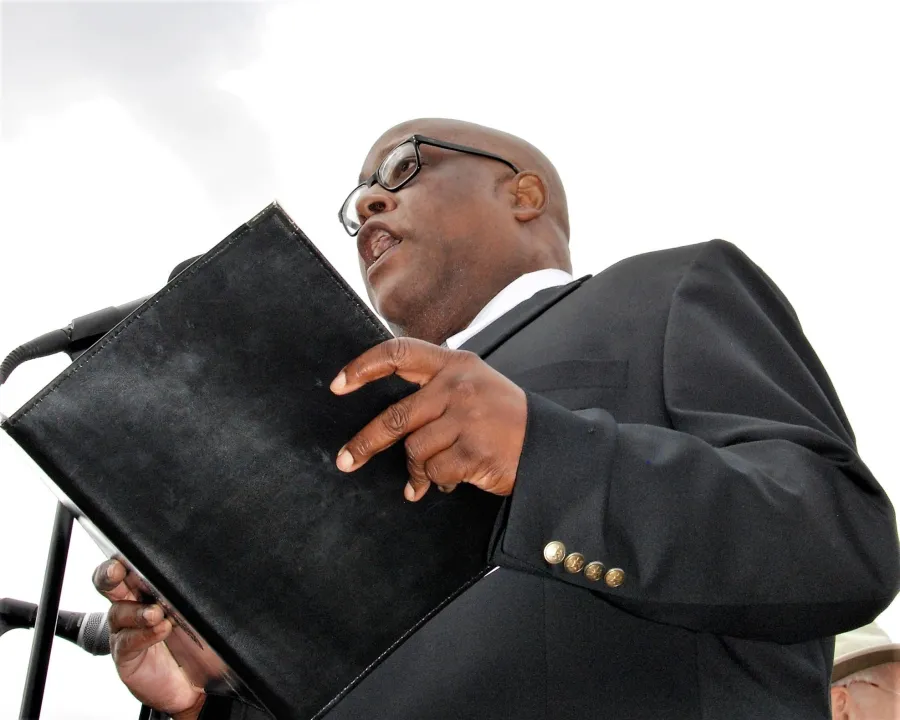From the Kentucky Democratic party: Guest Op-Ed: Legacies of Hatred: The New Normal?

By Dr. Brian K. Clardy, Associate Professor of History at Murray State University; Executive Committee Member, Calloway County Democratic Party
On October 3, 1908, several members of the Walker family were murdered by a bloodthirsty mob in Hickman, Kentucky. A well to do African American family living in the Jackson Purchase area, their home was surrounded and set ablaze by a clandestine organization called “The Night Riders.” When the Walkers tried to escape, they were gunned down and left to die in the cold of that terror-filled autumn night. A few members survived to tell their harrowing tale, but no one was brought to justice for their deaths.
The lynching of the Walker family was part of an all too familiar story in the history of race relations in the United States. An African American could be accused of an unforgivable affront (e.g. “being uppity” or “acting suspicious”) and thus targeted for summary public execution. These extra-legal murders often had a carnival atmosphere where witnesses would wear their “Sunday best” and bring picnic baskets while a black body dangled from the end of a rope, or was a twisted smoldering corpse. As was the custom, professional photographers took pictures of the deed with smiling lynch mob participants with the expectation that there would be no legal recompense for a clear case of cold-blooded murder.
After all, no jury in America would convict a white person for murdering some “uppity Black” who had what was coming to them.